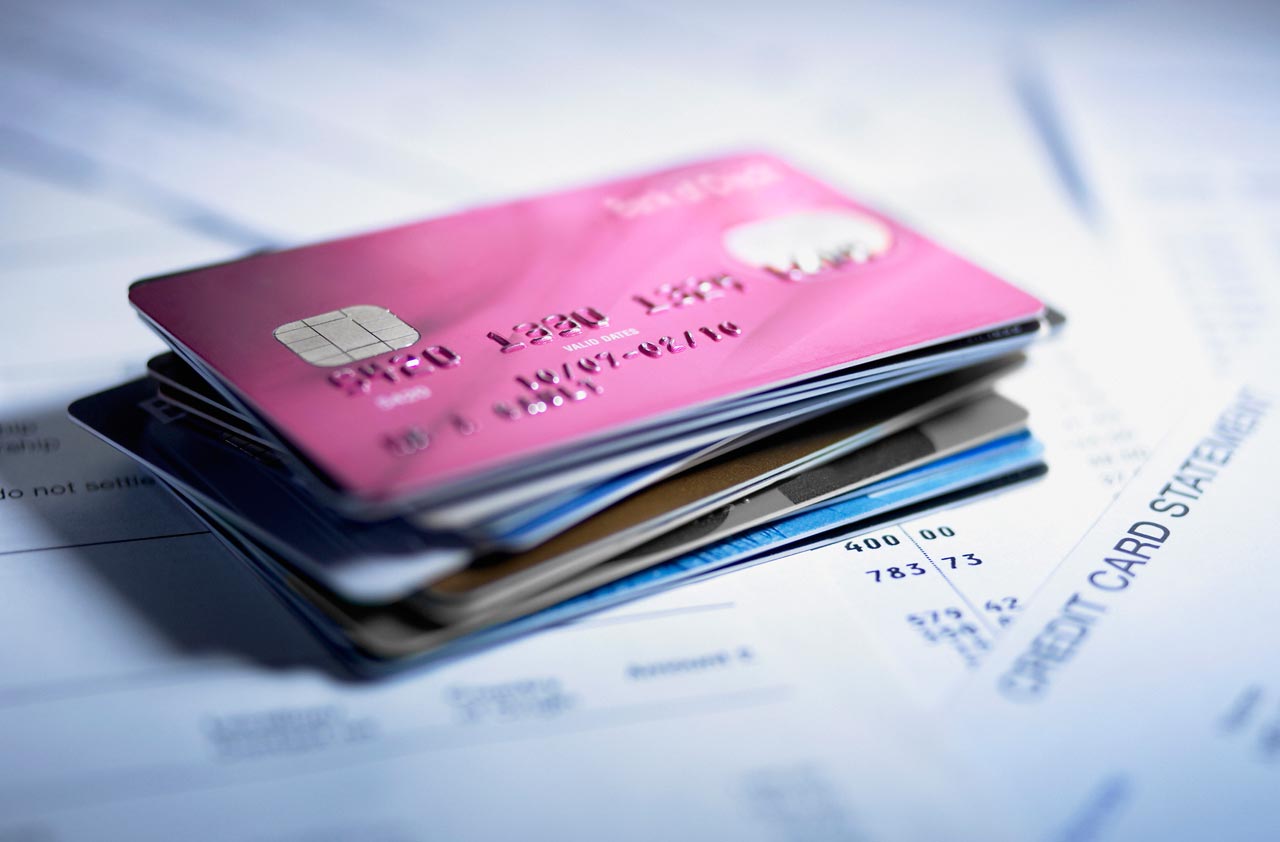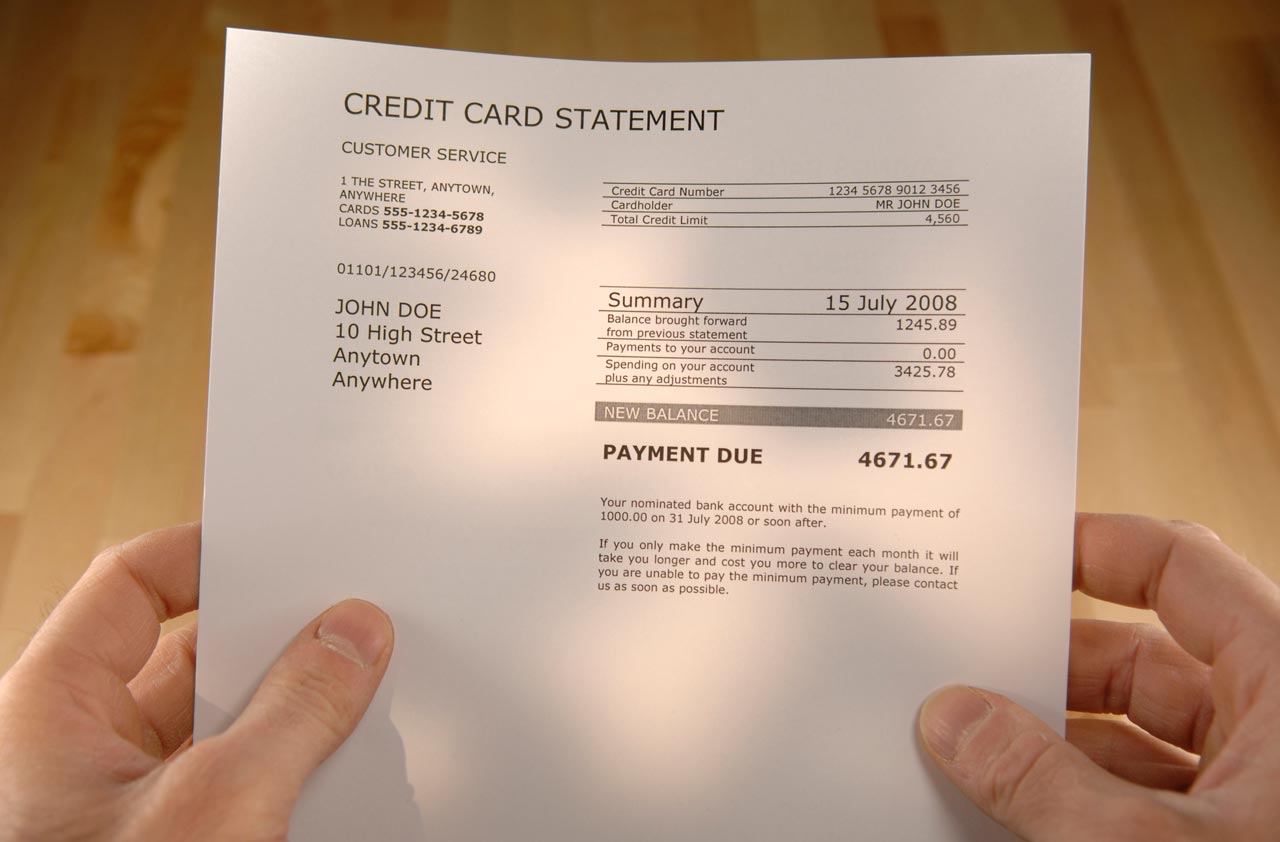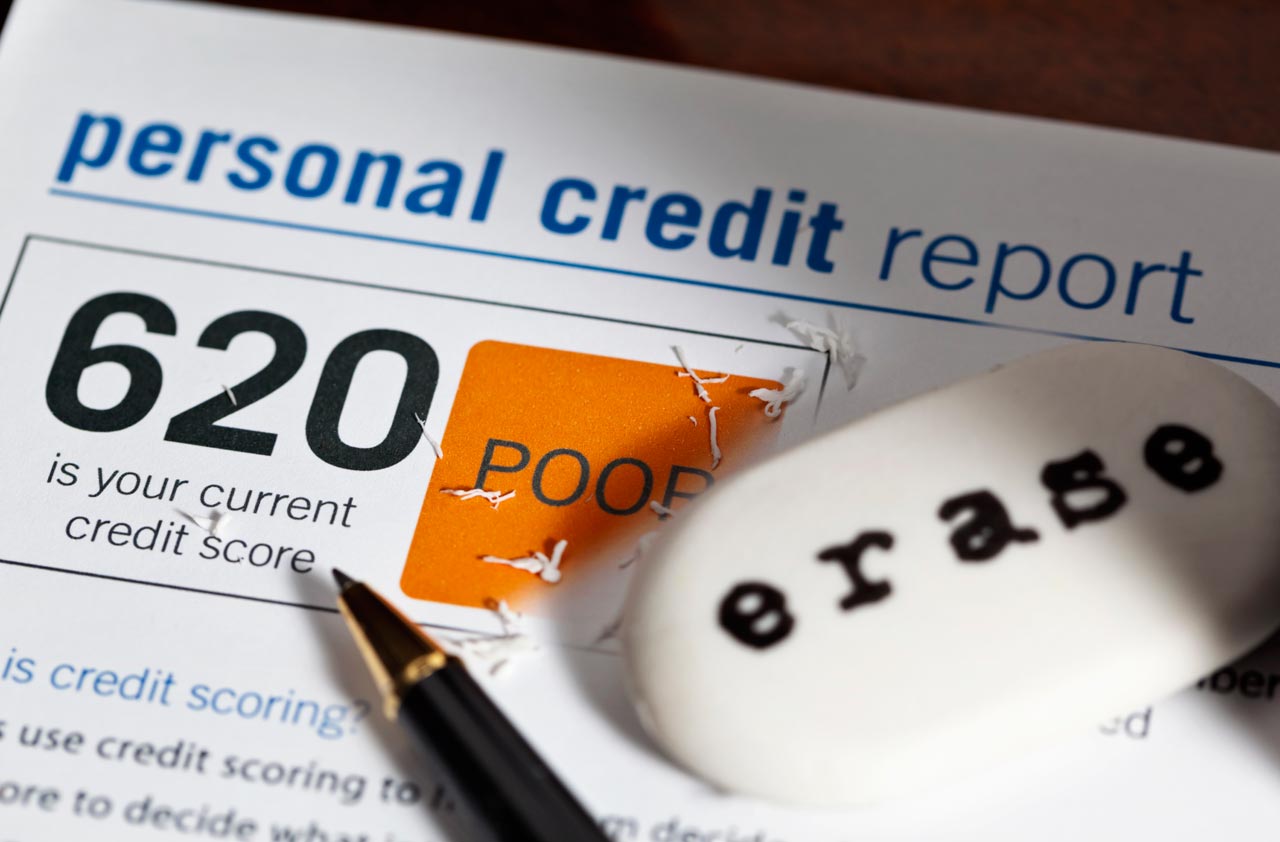How to Increase Credit Scores — Fast
Here are six ways to increase credit scores. Get yours out of the doldrums quickly.


Profit and prosper with the best of Kiplinger's advice on investing, taxes, retirement, personal finance and much more. Delivered daily. Enter your email in the box and click Sign Me Up.
You are now subscribed
Your newsletter sign-up was successful
Want to add more newsletters?

Delivered daily
Kiplinger Today
Profit and prosper with the best of Kiplinger's advice on investing, taxes, retirement, personal finance and much more delivered daily. Smart money moves start here.

Sent five days a week
Kiplinger A Step Ahead
Get practical help to make better financial decisions in your everyday life, from spending to savings on top deals.

Delivered daily
Kiplinger Closing Bell
Get today's biggest financial and investing headlines delivered to your inbox every day the U.S. stock market is open.

Sent twice a week
Kiplinger Adviser Intel
Financial pros across the country share best practices and fresh tactics to preserve and grow your wealth.

Delivered weekly
Kiplinger Tax Tips
Trim your federal and state tax bills with practical tax-planning and tax-cutting strategies.

Sent twice a week
Kiplinger Retirement Tips
Your twice-a-week guide to planning and enjoying a financially secure and richly rewarding retirement

Sent bimonthly.
Kiplinger Adviser Angle
Insights for advisers, wealth managers and other financial professionals.

Sent twice a week
Kiplinger Investing Weekly
Your twice-a-week roundup of promising stocks, funds, companies and industries you should consider, ones you should avoid, and why.

Sent weekly for six weeks
Kiplinger Invest for Retirement
Your step-by-step six-part series on how to invest for retirement, from devising a successful strategy to exactly which investments to choose.
There's a secret sauce for how to increase credit scores quickly. If your credit score is in the doldrums, it pays to take a bit of time to give it a boost. If you're in the market for a loan, for example, you need your score to rise — fast.
The good news is that you might be able to give your score a quick lift, depending on why it's sagging in the first place. A large amount of credit card debt, for example, may be more easily and speedily resolved than an account that's in default.
Here are six ways to elevate your credit score, from those that can produce fast results to ones that require a slow and steady approach.

1. Pay down credit card debt
If high credit card debt is weighing on your score, paying off all or most of it in one swoop could give your score a quick and significant boost.
First, the basics: A key component of your score is your credit-to-utilization ratio —the amount you owe on your credit cards as a proportion of your card limits. Utilization is calculated for individual cards and in the aggregate for all your card accounts. The lower your utilization ratio, the better. According to FICO, consumers with scores of 800 or higher (standard FICO and VantageScore credit scores range from 300 to 850) use an average of 7% of their credit limits. If you're close to maxing out your cards, removing the debt should increase your score after the low or zero balances show up on your credit reports — likely in the following month or so.
Don't have enough cash lying around to make a big payment? Another strategy is to transfer the debt to an installment loan — say, a personal loan — or a home equity line of credit (HELOC). Such debts don't factor into utilization ratios. Plus, the presence of the loan or HELOC on your credit report could improve your mix of credit, which accounts for 10% of a FICO score.
It's a good idea to leave a credit card account open even after you stop using it. When you close a card, its credit line no longer counts toward your utilization — so if you have balances on other cards, your utilization ratio could climb.

2. Pay credit card bills by the closing date
Typically, credit card issuers report your card balance as of the statement closing date— not the payment due date — to the credit agencies. If you pay off the balance a few days before your card's closing date (look for it on your statement), then a low or zero balance will likely show up on your credit report. That will help keep your utilization down. "I call it the ethical credit score hack," says credit expert John Ulzheimer, formerly of FICO and Equifax.

3. Ask for a credit limit raise
Another trick that can help lower your utilization: Ask your card issuer to increase your limit.
Issuers are generally willing to raise credit limits once a year, says Jeff Richardson, spokesman for VantageScore. Of course, you'll have to avoid increasing your spending — and thus your card balances — to see a positive outcome from higher card limits. The issuer won't likely grant a large increase, however. And if it does, it may check your credit report, causing a "hard" inquiry, says Ulzheimer. A hard inquiry may shave a few points from your score.

4. Piggyback on someone else's good credit
This strategy can have an especially strong impact on a young person with a thin credit file. If, say, a parent adds a child as an authorized user on a credit card account, that account and its history will pop up on the child's credit report as long as the issuer reports it (most do).
If the parent has had the account for several years, keeps utilization low and pays the bills on time, the child may see a quick and positive effect on his or her credit score. Card companies typically allow a cardholder to add anyone — not just a family member — as an authorized user.

5. Remove negative information from your credit reports
Collection accounts, bankruptcies and other black marks can heavily damage your score, so clearing such derogatory information from your credit reports could give your score a fast and substantial lift, especially if the information has been on your report for less than two years, says Gerri Detweiler, credit expert and education director for Nav, a site offering credit scores and information for businesses.~
First, check your credit reports. You can get a free report every 12 months from each of the major credit agencies — Equifax, Experian, and TransUnion — at www.annualcreditreport.com.
If you find an account that you don't recognize, it could be the result of an identity thief using your name to get credit, or a lender may be reporting the account in error. If a fraudster is at work, you can take steps to block the fraudulent information from your credit reports. If the negative account is the result of an error, contact the lender or whoever furnished the information in question, and file a dispute with each credit agency whose report lists the account.
If you missed a payment once but otherwise have a long and perfect payment history, you may be able to persuade the biller to stop reporting the delinquency by writing a goodwill letter explaining your uncharacteristic slip-up.

6. Let time work its magic
It's the opposite of a quick fix, but the simple passage of time can heal a suffering score as long as you practice good credit habits. As a delinquency gets older, its impact on your credit score decreases, and it falls off of your report after seven years.
Plus, the length of your credit history makes up 15% of your FICO score. As the average age of your credit accounts lengthens, your score benefits. "You won't max out in that category until you've had credit for decades," says Ulzheimer, who didn't see his own score hit 850 with regularity until he'd had credit accounts for about 25 years. According to FICO, consumers with scores of 800 or higher have an average account age of 11 years, and their oldest account was opened 25 years ago.
If you close a credit card, the account will still appear on your credit report and factor into the age calculation for about 10 more years. Opening a new card, however, lowers the average age of your accounts.
Profit and prosper with the best of Kiplinger's advice on investing, taxes, retirement, personal finance and much more. Delivered daily. Enter your email in the box and click Sign Me Up.

Lisa has been the editor of Kiplinger Personal Finance since June 2023. Previously, she spent more than a decade reporting and writing for the magazine on a variety of topics, including credit, banking and retirement. She has shared her expertise as a guest on the Today Show, CNN, Fox, NPR, Cheddar and many other media outlets around the nation. Lisa graduated from Ball State University and received the school’s “Graduate of the Last Decade” award in 2014. A military spouse, she has moved around the U.S. and currently lives in the Philadelphia area with her husband and two sons.
-
 Quiz: Do You Know How to Avoid the "Medigap Trap?"
Quiz: Do You Know How to Avoid the "Medigap Trap?"Quiz Test your basic knowledge of the "Medigap Trap" in our quick quiz.
-
 5 Top Tax-Efficient Mutual Funds for Smarter Investing
5 Top Tax-Efficient Mutual Funds for Smarter InvestingMutual funds are many things, but "tax-friendly" usually isn't one of them. These are the exceptions.
-
 AI Sparks Existential Crisis for Software Stocks
AI Sparks Existential Crisis for Software StocksThe Kiplinger Letter Fears that SaaS subscription software could be rendered obsolete by artificial intelligence make investors jittery.
-
 What to Do With Your Tax Refund: 6 Ways to Bring Growth
What to Do With Your Tax Refund: 6 Ways to Bring GrowthUse your 2024 tax refund to boost short-term or long-term financial goals by putting it in one of these six places.
-
 What Does Medicare Not Cover? Eight Things You Should Know
What Does Medicare Not Cover? Eight Things You Should KnowMedicare Part A and Part B leave gaps in your healthcare coverage. But Medicare Advantage has problems, too.
-
 15 Reasons You'll Regret an RV in Retirement
15 Reasons You'll Regret an RV in RetirementMaking Your Money Last Here's why you might regret an RV in retirement. RV-savvy retirees talk about the downsides of spending retirement in a motorhome, travel trailer, fifth wheel, or other recreational vehicle.
-
 The Six Best Places to Retire in New England
The Six Best Places to Retire in New Englandplaces to live Thinking about a move to New England for retirement? Here are the best places to land for quality of life, affordability and other criteria.
-
 The 10 Cheapest Countries to Visit
The 10 Cheapest Countries to VisitWe find the 10 cheapest countries to visit around the world. Forget inflation and set your sights on your next vacation.
-
 15 Ways to Prepare Your Home for Winter
15 Ways to Prepare Your Home for Winterhome There are many ways to prepare your home for winter, which will help keep you safe and warm and save on housing and utility costs.
-
 Six Steps to Get Lower Car Insurance Rates
Six Steps to Get Lower Car Insurance Ratesinsurance Shopping around for auto insurance may not be your idea of fun, but comparing prices for a new policy every few years — or even more often — can pay off big.
-
 Hurricane Insurance Claims: 10 Things You Need to Know
Hurricane Insurance Claims: 10 Things You Need to KnowBecoming a Homeowner Hurricane damage? Know what your insurance will and won't cover to make the most of your policy if you need to file a claim.
